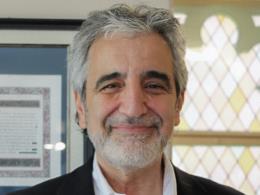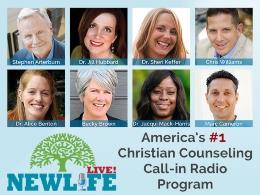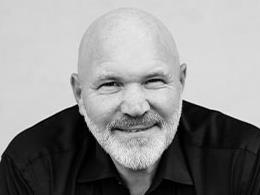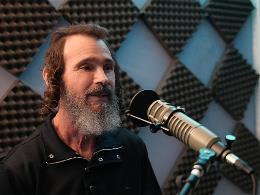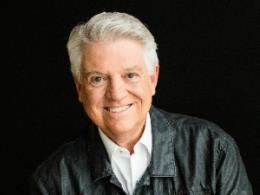We're sorry that the ministry you were looking for is no longer available on LightSource.com. However, below are some great ministries that offer related content. Enjoy the inspiration, encouragement, and Biblical challenge from these LightSource.com ministry partners!

